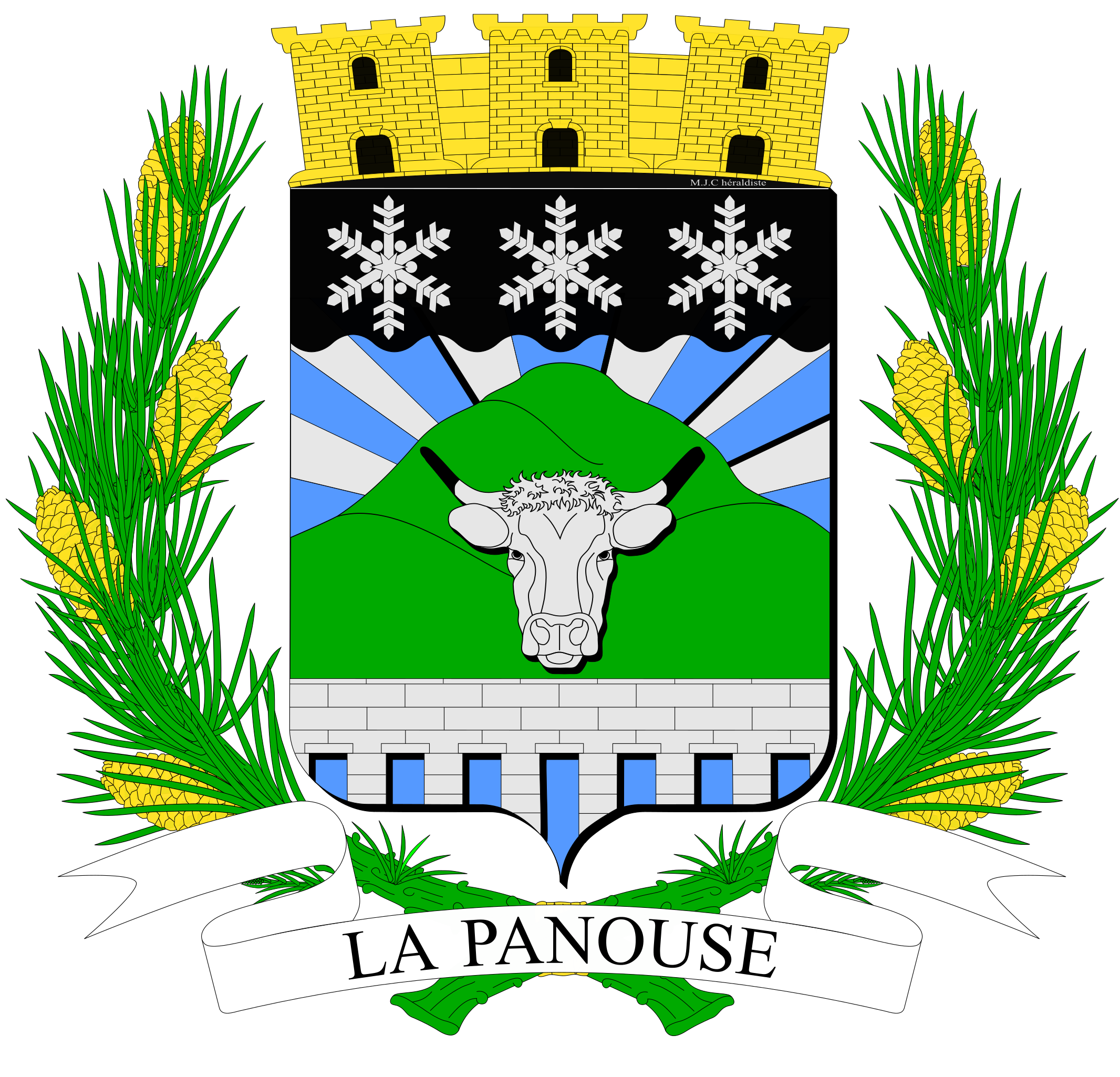Wine Tasting
Is wine tasting a skill?
Yes, wine tasting is certainly a talent that might be developed over time. It involves several elements that may be honed via apply and training.
Here are some key aspects that illustrate why wine tasting is taken into account a skill:

- Sensory Perception: Wine tasting depends closely on a person's capability to understand and differentiate various aromas and flavors. This sensory notion can improve with experience.
- Knowledge of Varietals: Understanding completely different grape varieties, regions, and winemaking strategies enhances the tasting expertise. This knowledge may be gained by way of research and tasting.
- Technique: Proper tasting methods, corresponding to swirling, smelling, and sipping, are essential for a full appreciation of the wine. Learning these techniques contributes to better tasting expertise.
- Descriptors: Being capable of articulate what's perceived throughout tasting utilizing the right vocabulary is crucial. This skill develops over time as one becomes extra acquainted with various flavor profiles and aromas.
In conclusion, with practice, training, and a refined palate, individuals can enhance their wine tasting abilities, making it a recognizable and enjoyable skill.
What is the tasting process?
The tasting strategy of wine entails a number of key steps that help to evaluate its quality, aroma, and flavors. This process can enhance your appreciation of wine and guide you in making knowledgeable decisions. Here’s a breakdown of the tasting course of:
- Observation: Begin by inspecting the wine visually.
- Assess the colour, which might point out the wine's age and 알밤 grape selection.
- Check for clarity and any sediment.
- Swirling: Gently swirl the wine in your glass.
- This releases its fragrant compounds, making it simpler to assess the bouquet and nose of the wine.
- Smelling: Take a moment to inhale the aromas.
- Identify the totally different scent notes, such as fruit, floral, natural, and earthy elements.
- Consider how these aromas may affect the flavour profile.
- Tasting: Take a small sip and let it coat your palate.
- Pay attention to the initial flavors and how they evolve.
- Note the acidity, sweetness, bitterness, and tannins present within the wine.
- Identifying characteristics: Analyze the body and end of the wine.
- Consider whether the wine is light, medium, or full-bodied.
- Evaluate the length of the finish; a longer finish usually indicates larger quality.
- Overall Impression: Finally, summarize your thoughts.
- Decide whether you loved the wine, the method it compares to others you have tasted, and any particular notes you wish to keep in mind.
By following these steps, you can engage more deeply with the wine and develop your palate over time.
What is wine tasting session?
A wine tasting session is a structured event the place participants style and evaluate varied wines. These periods may be held in vineyards, wineries, or even private homes, and are often guided by an expert who introduces completely different wine varieties and the nuances related to every.
Key Elements of a Wine Tasting Session
- Selection of Wines: A diverse range of wines is chosen, typically based on a theme, similar to region, grape variety, or type.
- Tasting Process: Participants assess the wines using their senses: sight, odor, style, and even feel.
- Discussion: Information about each wine's origin, manufacturing strategies, and flavors is shared, encouraging dialogue amongst individuals.
- Food Pairing: Tastings may include food pairings, enhancing the wine expertise and showcasing complementing flavors.
Benefits of Wine Tasting Sessions
- Enhances appreciation for various wine styles and areas.
- Educates individuals about wine-making and tasting methods.
- Encourages social interplay and delight amongst wine enthusiasts.
- Helps individuals refine their palate and develop private preferences.
Overall, a wine tasting session is a pleasant expertise that mixes schooling with enjoyment, allowing individuals to explore the rich world of wines.